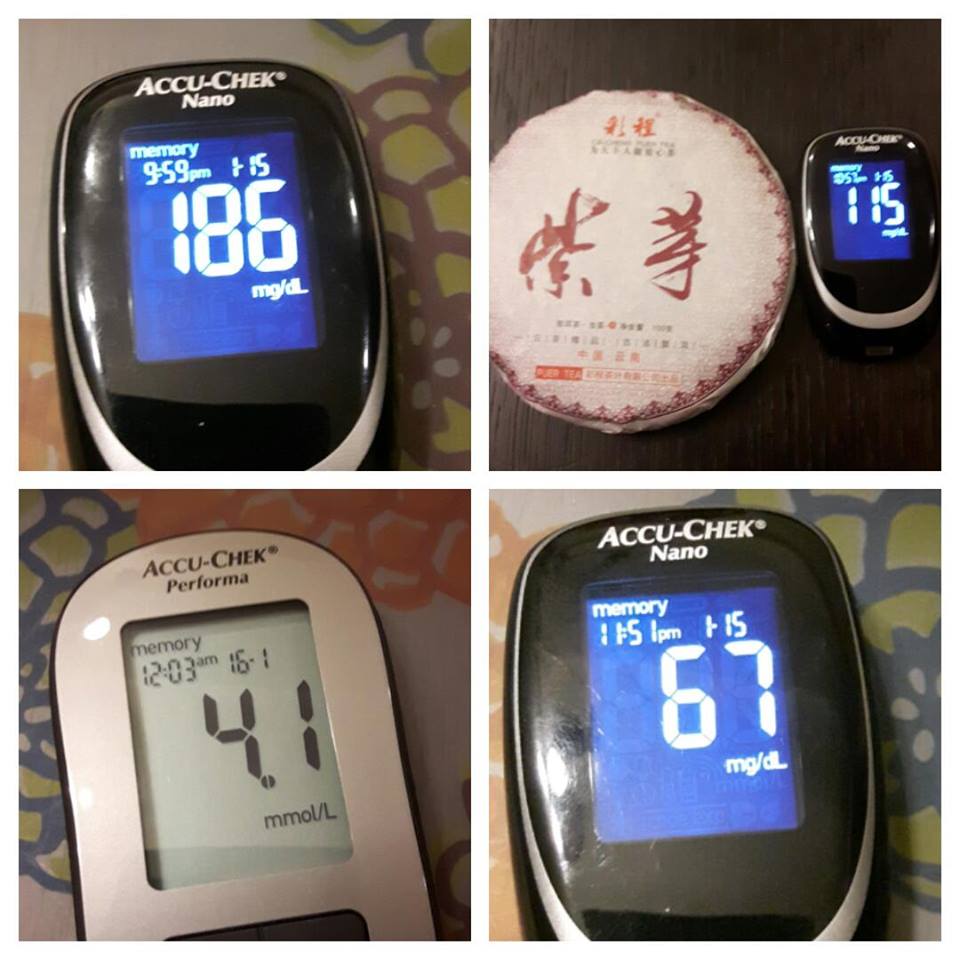- Messages
- 18,860
- Type of diabetes
- Type 1
- Treatment type
- Insulin
Haha! Brilliant!
They say there is nothing new under the sun...
This was the summer of 1976. Back in the days of pee testing & big glass syringes. The T1 character "Peter" in the book was always getting into jolly scrapes. (as opposed to his female counterpart who was a "model diabetic.)
This one "misadventure". "Peter had run out to play without eating his lunch.?" He then came over "feeling a little queer.."
"He told his mum & she gave him some milk!"
In reality? "Little J" would sort it out for himself.. Not wanting to cause a fuss.
The last of the milk got polished.. I had no ranting cat to blame...



